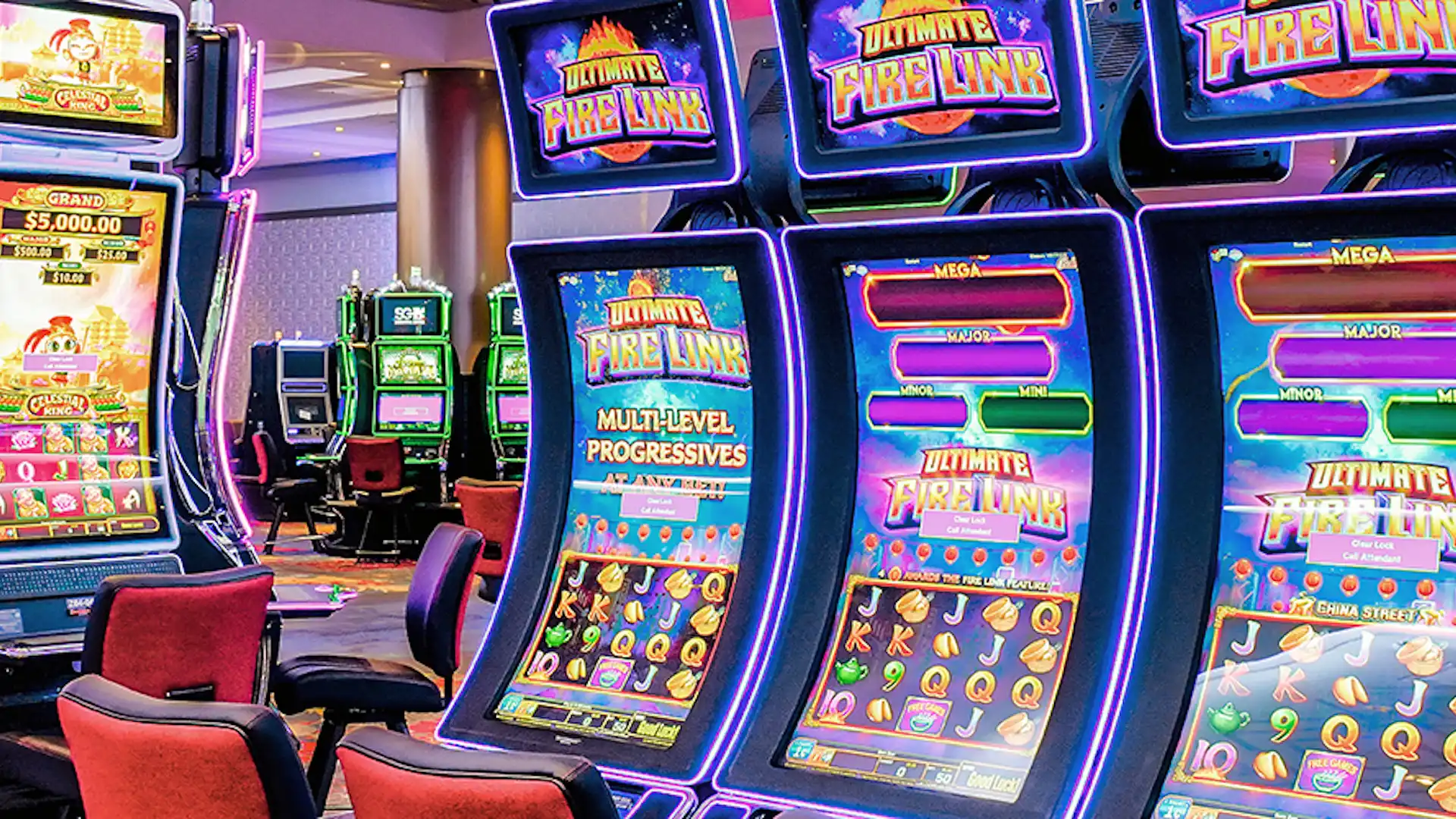
In the world of gambling, in which chance and strategy intersect, a unique tapestry of beliefs unfolds—one that braids luck, fate, and the enigmatic nature of casino games. Casinos, bustling with excitement and anticipation, are not just places for placing bets; they are also arenas in which superstitions thrive. Ranging from the novice player to the seasoned gambler, these mysterious practices often shape how individuals approach the games they play, holding the belief that their actions can affect the outcome in ways that go beyond mere probability.
When players gather around roulette wheels, blackjack tables, and slot machines, the atmosphere is thick with stories of lucky charms, rituals, and codified behavior that defy logic yet provide a sense of comfort. It could be the case that it’s wearing a specific outfit, following a particular sequence of bets, or even avoiding certain numbers, the attachment to various superstitions reflects a deep-rooted desire to master the uncontrollable. This article delves into the captivating world of casino game superstitions, exploring the beliefs that both entertain and mystify those who dare to play. Thể thao 78win
Historical Origins of Superstitions
Betting games have long been connected with an host of superstitions that can be traced to early cultures. The origins of these notions can be associated to humanity’s innate desire to control the random outcomes associated with chance and chance. In ancient civilizations, activities of uncertainty were often linked to religious practices. Players would seek favor or request favor from gods, believing that their actions could affect the odds in their advantage. This foundation laid the foundation for the myriad of superstitions that developed as betting evolved over ages.
During the medieval period, gambling became a widespread hobby across European nations, and with it, a diverse tapestry of superstitions developed. Players adopted numerous rituals and charms, believing they could influence the consequences of games. The significance of numbers, in particular, emerged to manifest in superstitions related to card games and dice. The number seven was often considered favorable, while other numbers carried negative connotations. These ideas mirrored the societal contexts of the time, evolving as they moved through generations and transformed to different gaming environments.
As gaming establishments developed in the 1600s, particularly in the Italian peninsula and France, the atmosphere surrounding gambling became steeped in mystique. The growing openness of casino games allowed for the spread and growth of superstitions among players. Concepts like charmed charms, special seating locations, and rituals gained prevalence, creating a unique culture within casinos. As these practices continued to thrive, they became integral to the character of gambling activities, illustrating how history and culture shape the belief systems that influence how gamblers connect with chance.
Common Gambling Superstitions
Superstitions surrounding gambling activities are plentiful and diverse, reflecting the hopes and fears of players as they participate in chance-based activities. One of the most prevalent beliefs is that certain digits bring fortune or bad luck. For example, the number seven is often seen as a favorable number, frequently embraced by players looking for a positive outcome. 78win Conversely, the number 13 is routinely considered cursed, leading many players to steer clear of it during their gambling periods.
Another common belief relates to practices that players believe can affect their chances. Whether blowing gently on dice before a throw, using a specific hand to place a bet, or even putting on particular items of attire, many people feel that these rituals can tilt fate in their benefit. These practices offer a feeling of control in an otherwise random environment, strengthening the idea that fortune can be created through individual beliefs and customs.
Lastly, the ambiance and vibe of the gambling house itself contributes to superstition. Many gamblers suggest that the presence of certain icons, such as four-leaf clovers or fortunate tokens, can enhance their odds of winning. Additionally, players might adhere to the notion that winning streaks can be interrupted by mundane occurrences, such as someone passing by or a spill at the gaming surface. The shared environment in a casino can amplify these superstitions, creating a communal culture of myths that transcends single encounters.
Impact of Superstitions on Players
Superstitions play a significant role in the psychology of gamblers, often affecting their behavior and choices. Many gamblers think that fortune can be manipulated through different rituals, such as donning a talisman, selecting specific colors, or avoiding certain numbers. This reliance on superstitions can create a sense of control in an environment that is intrinsically unpredictable. Players frequently feel more self-assured and involved when they feel that their actions could sway the result of a game in their advantage.
The impact of these superstitions extends beyond individual players, affecting the overall atmosphere within the casino. For example, a player who holds the belief in the luck of a certain slot machine might draw a gathering, as onlookers are intrigued by their apparent luck. This shared belief can amplify excitement and create a dynamic environment, leading to an engaging experience even for those who may not necessarily be superstitious. The buzz around certain games can lead to increased participation and extended playing sessions, supporting the casino’s lively social scene.
In some instances, superstitions can lead to negative effects for players. Relying too heavily on rituals can result in bad gambling decisions, as some may overlook basic strategies in favor of unfounded beliefs. Additionally, the pressure to perform rituals may increase anxiety and tension, diminishing from the pleasure of the experience. Ultimately, while superstitions can enhance the excitement of playing casino games, they can also lead to foolish choices that overshadow the enjoyment and amusement intended in the casino experience.